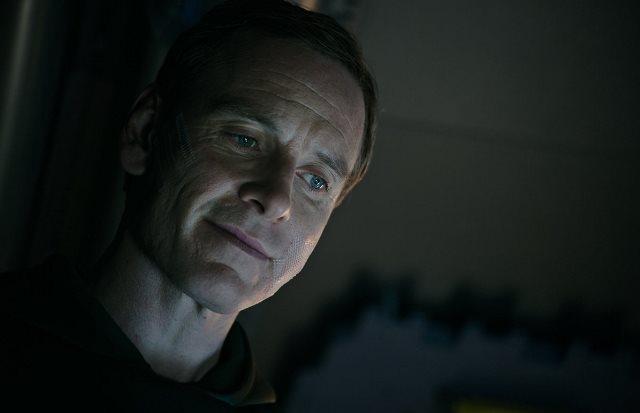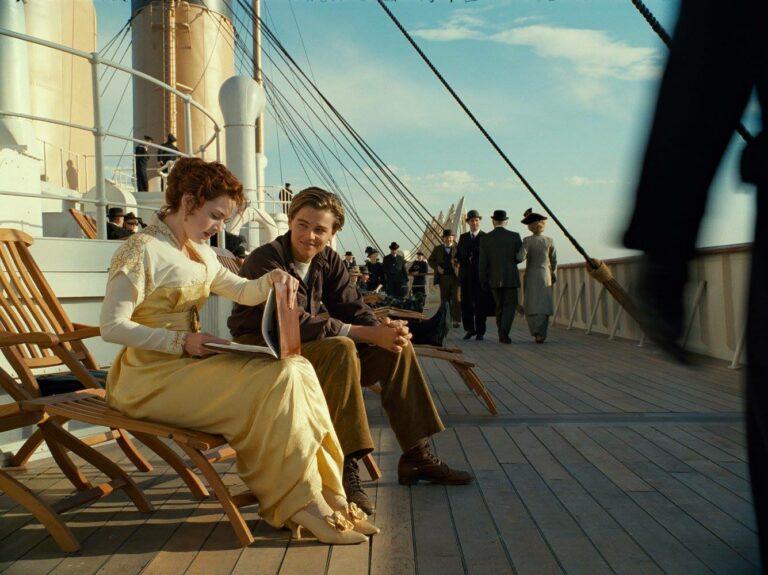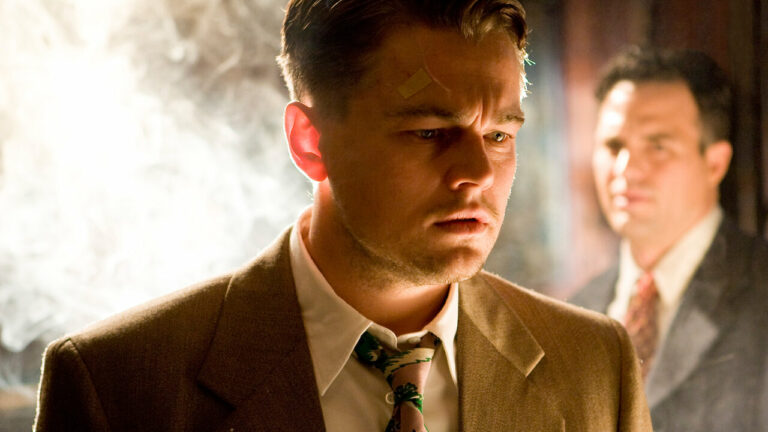Alien: Covenant Meaning Explained. David Wants To Be God
Alien: Covenant is most criticized for idiots on a spaceship, a strange planet, and no less strange wheat on it. The idea that the director Ridley Scott deliberately made the crew look like fools (and the crew on the ship in sci-fi`s is always a metaphor for humanity), is not taken into consideration for some reason. But let`s skip this part, especially since it is also of little interest to Scott. He runs through the exposition and gallops to the main scenes of the movie, namely, scenes with android David.
Obviously, the theme of Alien: Covenant is the Middle Ages. The medieval vibe can be seen in the plague-destroyed civilization, the gothic setting, and the subsequent renaissance (literally) by David’s hands.
David clearly takes on the mission of Leonardo da Vinci: he dissects organisms in his laboratories in search of the divine spark of life and tries to understand their mechanics. But unlike the genius of Florence, who studied and worshiped already existing life, David is trying to create another one.
Thus, he transfers the goal-setting of art – to create beauty out of the material of existing life – to the biological area. That`s why the android is not named after Leonardo, but David, based on David – the sculpture of Michelangelo Buonarroti, the eternal lifetime rival of the author of “Mona Lisa”. Another important detail: the sculpture of David is very expressive but anatomically inaccurate – the sculptor deliberately changed the proportions of the statue to better express his own design.
David does the same. He changes proportions and ratios in search of the ideal “work of art”. Genes and chromosomes instead of clay and paints serve as the material for him, and his own intellect is the toolkit.
Basically, David’s Renaissance is the Renaissance minus God. But the problem is that there would be no Renaissance without God. Man, as the embodiment of the divine plan, determined the nature and direction of the flourishing of art and humanism in the post-medieval era. David certainly must know this. Therefore, he claims everything at once: both the source of inspiration for the new era and its author himself.
However, there is one “but”. With an almost limitless intellect, David confuses Byron’s poetry with Shelley’s. The error is minor technically since both are poets, but critical in spirit. Byron was the apostle of individualism, he dragged everything on himself, and closed the Universe to his own personality. Shelley recognized the power of nature, did not dispute it, and was a pantheist.
This most likely means that the creator of David intentionally included in the android’s consciousness a list of seemingly small, but defining errors. And from wrong premises, false theories are born (Freud confused kite with vulture because of loss in translation, which led him to write a fully mistaken essay about Da Vinci`s homosexuality).
Will David deal with these errors? Will it become the one it claims to be? Will David be able to overcome his own genetic memory, which, as it turned out, is also in machine code? Will he set himself free?
The beauty of Ridley Scott`s masterpiece is that David is doomed to seek the needed answers eternally, suffering and rejoicing simultaneously.
It’s not something that can make someone God. It is what will make him human.
Tulegen Baitukenov, MovieTerra







